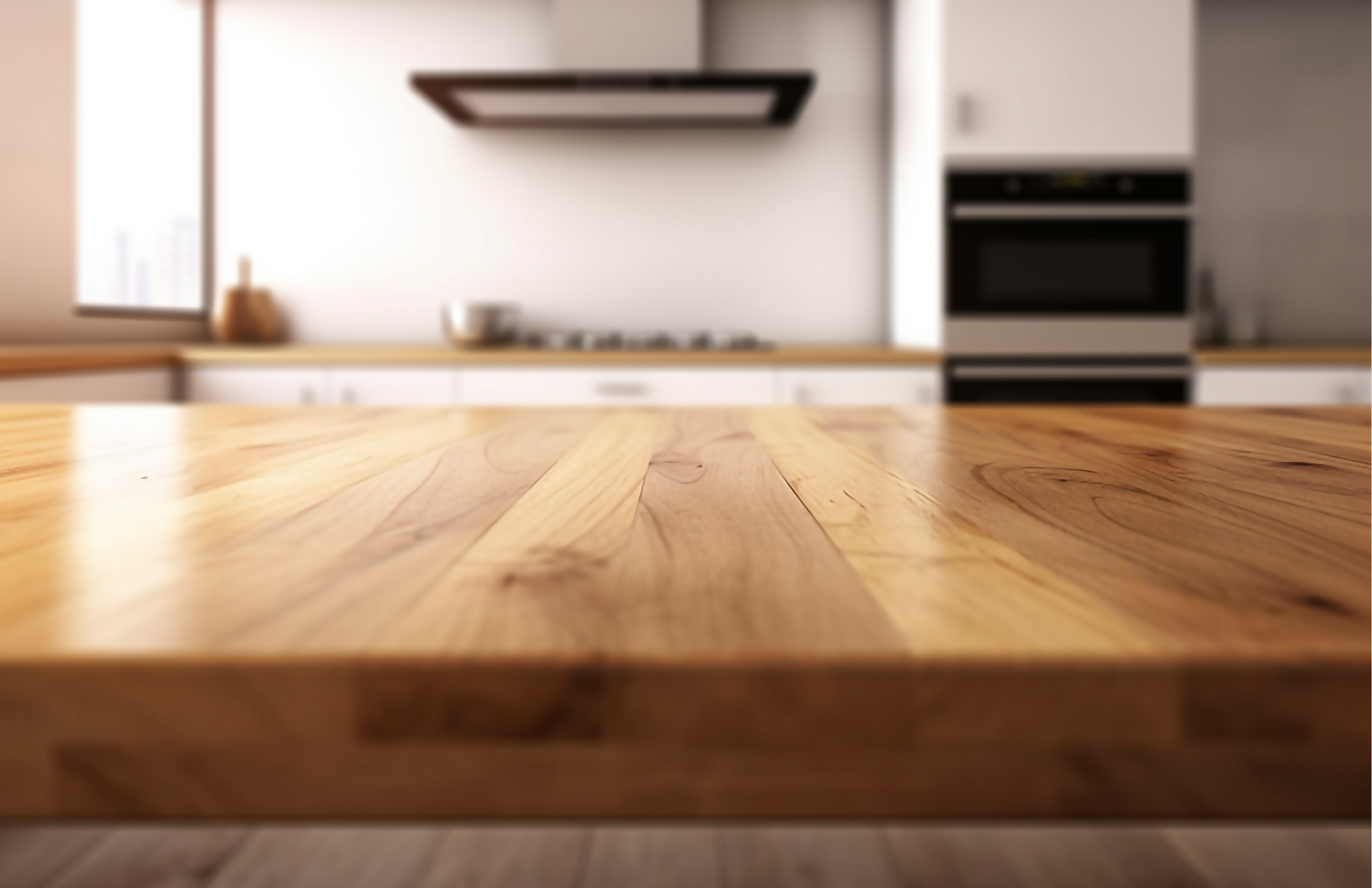The kitchen is the heart of the home, but it’s also one of the biggest sources of waste and energy consumption. As homeowners become more environmentally conscious, eco-friendly kitchens are on the rise. Sustainable materials, energy-efficient appliances, and waste-reducing practices are transforming the way we design and use our kitchens.
If you’re considering a kitchen remodel in 2025, making sustainable choices can reduce your carbon footprint while creating a healthier and more efficient space. Let’s explore the best eco-friendly materials and practices that will make your kitchen both stylish and sustainable.
Why Choose an Eco-Friendly Kitchen?
Building an eco-friendly kitchen isn’t just about helping the environment—it also benefits your health, home, and wallet. Here’s why sustainability matters:
✅ Reduces Energy and Water Use – Sustainable designs lower utility bills.
✅ Improves Indoor Air Quality – Non-toxic materials create a healthier space.
✅ Increases Home Value – Green homes are in high demand.
✅ Minimizes Waste – Reducing kitchen waste helps combat pollution.
By incorporating sustainable materials and energy-efficient solutions, your kitchen can become a functional, stylish, and responsible space.
Top Sustainable Materials for Eco-Friendly Kitchens
1. Reclaimed & FSC-Certified Wood
Why it’s sustainable:
Reclaimed wood comes from old barns, factories, and warehouses, giving wood a second life rather than cutting down new trees. FSC (Forest Stewardship Council) certified wood ensures responsible sourcing.
Where to use it:
✅ Kitchen cabinets
✅ Countertops
✅ Open shelving
🔗 Learn more about FSC-certified wood from the Forest Stewardship Council
2. Bamboo Countertops & Flooring
Why it’s sustainable:
Bamboo grows faster than traditional hardwoods, making it a renewable and highly durable alternative.
Where to use it:
✅ Countertops
✅ Flooring
✅ Backsplashes
🌿 Bamboo is naturally antibacterial, making it perfect for food prep areas!
3. Recycled Glass Countertops
Why it’s sustainable:
Recycled glass countertops repurpose old glass from bottles, windows, and industrial scraps into a stylish and durable surface.
Benefits:
✅ Scratch-resistant
✅ Easy to maintain
✅ Available in stunning color options
💡 Want a unique, colorful kitchen centerpiece? Recycled glass countertops add character!
4. Eco-Friendly Paint & Finishes
Why it’s sustainable:
Traditional paints and finishes release volatile organic compounds (VOCs) into the air, which can cause health issues. Low-VOC and no-VOC paints improve indoor air quality.
Where to use it:
✅ Walls
✅ Cabinets
✅ Trim & moldings
🌎 Choosing non-toxic finishes ensures a healthier home for your family!
5. Recycled Metal for Fixtures & Accents
Why it’s sustainable:
Recycled stainless steel, aluminum, and brass can be reused in sinks, light fixtures, and cabinet hardware, reducing mining waste.
Best places to use recycled metals:
✅ Backsplashes
✅ Faucets
✅ Light fixtures
💡 Mixing metals? Try brass and stainless steel for a modern, eco-chic look!
Energy-Efficient Kitchen Practices
6. Energy Star Appliances
Energy Star-certified appliances use up to 50% less energy, helping reduce both your carbon footprint and electricity bills.
🔍 Look for Energy Star ratings on:
✅ Refrigerators
✅ Dishwashers
✅ Ovens & microwaves
📉 Fun fact: Upgrading to an Energy Star refrigerator can save you $300–$700 over its lifetime!
🔗 Find Energy Star appliances at EnergyStar.gov
7. LED Lighting
LED bulbs use 75% less energy and last 25 times longer than traditional incandescent bulbs.
Best places for LED lighting:
✅ Under-cabinet lighting
✅ Pendant lights
✅ Recessed ceiling lights
💡 Dimmable LED options can create a warm, inviting atmosphere in your kitchen!
8. Water-Saving Faucets & Fixtures
Low-flow faucets and touchless technology reduce water waste while maintaining strong water pressure.
🚰 Upgrade to:
✅ Motion-sensor faucets
✅ Aerated faucets (reduce water flow without compromising pressure)
🌊 Did you know? Switching to a water-efficient faucet can save up to 700 gallons of water per year!
🔗 Explore water-efficient fixtures at EPA WaterSense
Sustainable Kitchen Practices
9. Smart Composting & Food Waste Reduction
An eco-friendly kitchen isn’t just about materials—it’s about daily habits too.
🌱 Composting reduces landfill waste and turns food scraps into rich soil for gardens.
💡 Ways to reduce food waste:
✅ Install a built-in compost bin in your countertop
✅ Use an electric food recycler
✅ Plan meals to avoid food waste
🔗 Check out composting tips from CompostNow
10. Plastic-Free Kitchen Storage
Ditch plastic containers in favor of sustainable storage solutions:
✅ Glass jars & containers – Perfect for dry goods
✅ Beeswax wraps – A reusable alternative to plastic wrap
✅ Silicone food bags – BPA-free and long-lasting
🌎 Even small swaps make a big impact in reducing plastic waste!
Ready to Build Your Eco-Friendly Kitchen?
A sustainable kitchen doesn’t mean sacrificing style or convenience—it’s about making thoughtful, environmentally responsible choices that benefit both your home and the planet.
If you’re looking to remodel your kitchen with eco-friendly materials, Moore Remodeling is here to help!
🌿 Contact us today for a free consultation!
🔗 Visit: MooreRemodel.com
📞 Call: 720-385-8790
Let’s build a greener future—one kitchen at a time! 🌍✨

